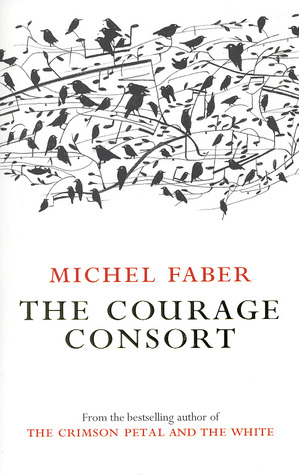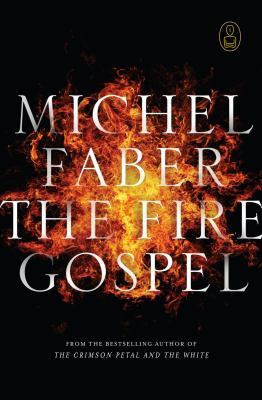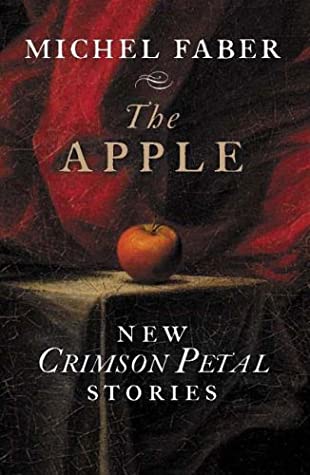Michel Faber’s The Courage Consort is one of those books where you wish it were longer or part of a collection. A novella of 150 pages it follows the story of a group of singers sent to Belgium for two weeks in order to rehearse a new avant-garde piece for an upcoming event. As they spend more time in each other’s company the group falls apart due to personality conflicts and personal problems.
Roger Courage is the founder of the singing group, named The Courage Consort, although the courage in their name comes from their willingness to tackle contemporary pieces in addition to the traditional standards. His wife, Catherine, is a manic depressive who, in preparation for the trip to Belgium, has forgotten her pills. Ben is an overweight bass singer who lives in his own personal world of silence. Julian is a seemingly bisexual vocalist with a love for Bohemian Rhapsody. And Dagmar, a young German, is the opposite of Catherine in her love for life; she has also, for the trip, brought along her newborn child, Axel.
The book begins with Catherine Courage sitting on the window ledge contemplating whether the four storey drop would be enough to kill her as her husband sit in the next room. As it continues the quintet spend the days practising Partitum Mutante, the avant-garde piece of Italian composer Pino Fugazzi, while the nights provide them with an over exposure to each other that leads to constant arguments about the direction the group should take. Their inability to work with each other leads to an incident that eventually breaks up the group, who are “possibly the seventh most renowned in the world”, although there is some hope for the group as evidenced by the optimistic ending.
The prose is light, the vocabulary restrained, and the plot simple. There is humour in this book but it’s not laugh out loud funny; the Brits’ interpretations of European accents, and the way characters communicate with each other. The characters are nicely done although the woman were better drawn than the males, a common occurrence in Faber’s work. Catherine, as the main character, is well conceived – her thoughts were realistic, her dialogue seemed right, and her mania added that extra bit of depth.
Faber’s novella is a good read, although, like in The Crimson Petal and the White, he leaves a few things unanswered – the source of a recurring noise from the nearby forest being a prime example – but this does provide scope for interpretation. Maybe we can presume that some parts of the story are delusions of Catherine’s. The Courage Consort almost succeeds as a standalone book, but I couldn’t help but feel that the characters needed a little more to fully appreciate them. That said, the story is still worth appreciating.


